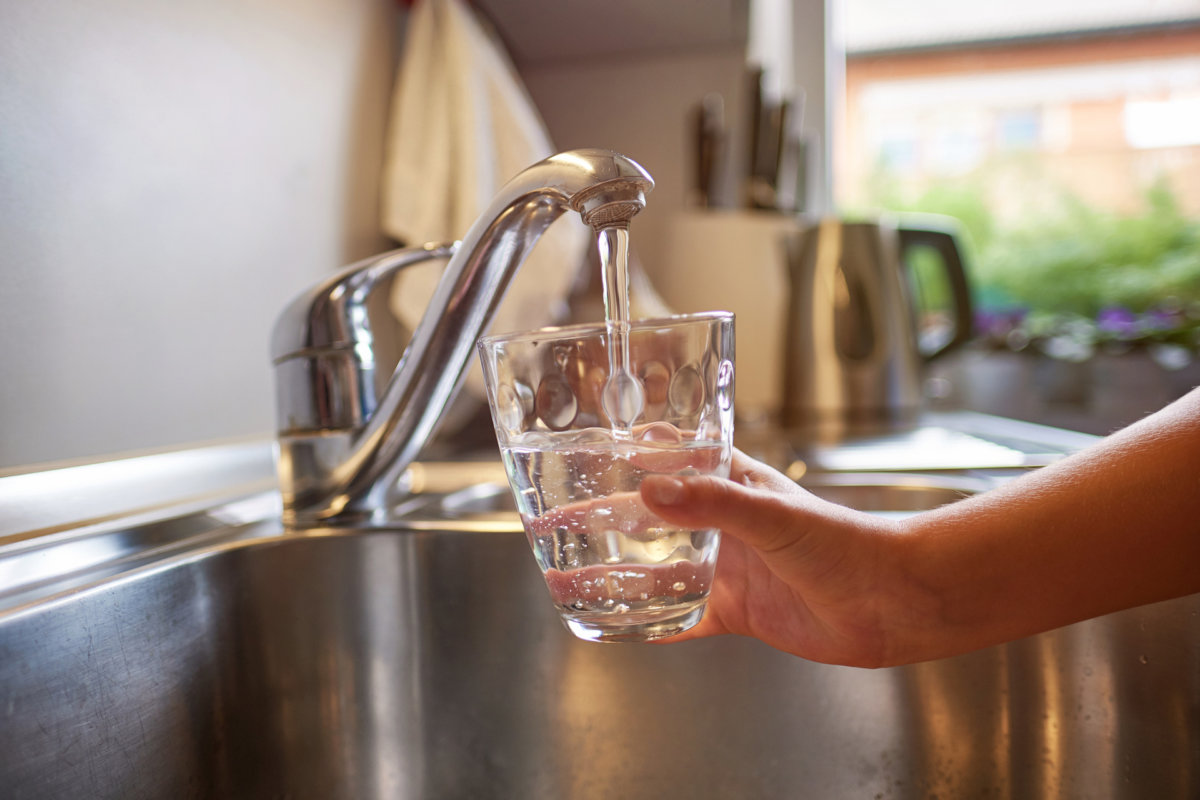The United Kingdom-Caribbean Community (CARICOM) Forum concluded in Grenada on Sunday with both sides agreeing to establish a new strategic partnership.
Officials said in the “Final Action Plan” that both parties would promote prosperity and build economic resilience through the development of practical mechanisms, “which will enhance growth in investment, employment, production and trade opportunities to the benefit of the Caribbean and the UK (United Kingdom)”.
The parties also agreed to explore all avenues, including the reporter (EPA), which was signed between Europe and the Caribbean Forum (CARIFORUM) countries in 2008, to improve access for Caribbean exports of goods and services to Britain.
In addition, the UK agreed to aid the region in improving food security and the “resilience of their food and agricultural sectors, through measures aimed at enhancing the efficiency of production and distribution systems and the economic security of producers”.
On the controversial Air Passenger Duty (APD), officials agreed “to continue dialogue in the spirit of cooperation and in the context of the importance of tourism to the economic development of the Caribbean, with a view to assisting the region in mitigating any deleterious effects that the application of the APD may have on its economies”.
Last year, the U.K. government announced that the APD rates to Caribbean destinations will continue to be considerably higher than those to some competitor destinations.
The detailed tax tables show that the tax on economy long-haul flights of more than 6,000 miles will rise from £85 (US$132) to £92 (US$143) per person. The new measure goes into effect in April this year.
“We always have to be hopeful, this is a matter we are always looking for some adjustments on and we do not believe it is cast in stone,” said St. Kitts-Nevis Foreign Minister Sam Condor.
“We are aware that the British government has their own fiscal responsibility to their own country, (but) we believe that this is a new partnership, a new beginning which we hope to see a different attitude in how they relate to the Caribbean,” he added.
Condor told reporters that during the talks Britain’s Foreign Secretary, William Hague, Hague said he understood the position of the region.
“One of the points we were making is that, as it is applied it (APD), is discriminatory, and we hope that there will be an adjustment, not in the tax itself but how it is applied there will be some relief,” he said.
“We raised it, we understood what the foreign secretary said, but we could not do anything but raise it and to hope we will get a reaction and reply in terms of this,” he added.
Officials also agreed to the develop this year, “effective coordination mechanism to help take forward our partnership in the fight against drugs and international crime, including through the establishment of a UK-Caribbean Expertise Exchange Mechanism to promote best practices on security issues across the region”.
In addition, they agreed to establish with the “full collaboration of the United States, a regional network of land-based law enforcement units trained and equipped to a common standard.
“These units would provide a fully interoperable regional resource to conduct land based surveillance and interdiction operations”, they said.
The officials agreed to remain “engaged in negotiations to conclude an Arms Trade Treaty in 2012 and for the successful outcome of the Review Conference of the The UK and CARICOM officials agreed to collaborate closely on climate change issues, “recognizing that current business as usual trends are likely to lead to catastrophic climate change, including warming, since the pre-industrial period of four degrees centigrade or more.
“Preventing this is an imperative we share,” they said.
Britain’s Foreign and Commonwealth Office Minister for the Caribbean, Jeremy Browne, said the parley was “fruitful and productive.”
























